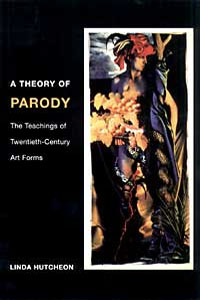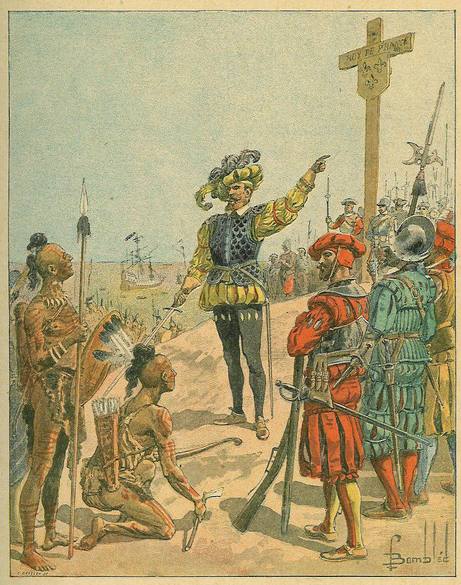httpv://www.youtube.com/watch?v=oIIxlgcuQRU
Yeah, Yeah, Yeahs “Maps”
New York, if it hasn’t always been the home of alternative music, seems always to have been home base — the place you’ve got to get to if you want to score. Los Angeles has reliably turned out commercially viable music for decades. But New York has just as reliably been the proving ground for the artistically adventurous but commercially tenuous: from the Velvet Underground to Patti Smith to Talking Heads to The Strokes and the Yeah, Yeah, Yeahs. And, oh yes, a tatty little punk band from Queens — the borderline-unlistenable Ramones — famously began their tour of Britain on July 4th, 1976 and ignited the culture-shifting punk movement there: almost as though the American Revolution had returned to its roots and left in its wake an entire subculture.
What has always defined the New York underground is the notoriously indefinable attribute of cool, an elusive combination of something and something-or-other. It is tough and street smart, but has a surprisingly nostalgic streak manifested by poignant tunes with inviting sing-a-long choruses (see, for example, Karen O in the video above, apparently swallowing her grief throughout before spontaneously releasing one lone tear late in the song). How? Why? It’s evidently life in the big city — you take it as it comes, but invariably take it home with you. The key to it is irony, which, as Frye says, is the point at which we rather unexpectedly return to myth.
It would have made sense to present these songs in chronological order, but in this case it seemed more appropriate to begin in the present and move back to origins, if only to remind ourselves just how clever and variable and consistent the New York underground has always been.
If I may plug just one of these videos, it is Talking Heads’ “And She Was.” As art school nerds, Talking Heads were as much interested in the visual as the musical, so their videos are always superior. This particular video is 25 years old, but you’d never know that to see it. It perfectly captures the whimsy of a song about a suburban housewife who possesses an unexplained ability to fly.


